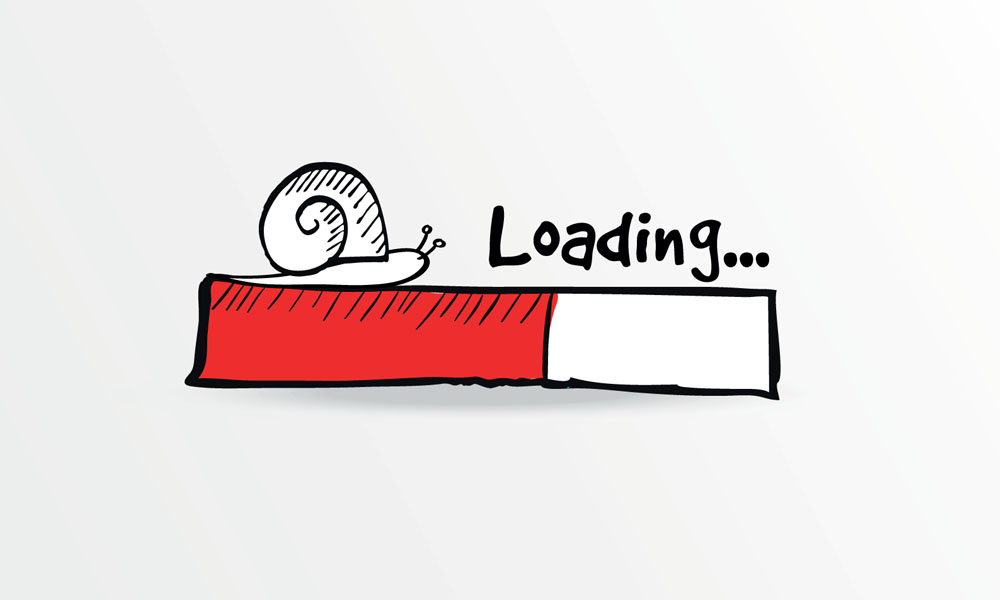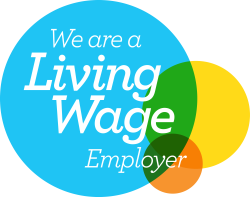
Why your computer is running slowly
Computers today have considerably more power than the early PCs of the 1980s (actually even smartphones today have massively more power than PCs of that time). In spite of this, we’ve probably all experienced the frustration of a PC moving at a crawling pace.
When that happens to you, here are seven tips for what you can do about it.
1. Kill your tabs
In many ways, tabbed browsing is a vast improvement over opening up a separate window for each site you want to visit. However, it does make it very easy to have multiple tabs open at once and that can suck up memory, particularly on older machines. This is less of a problem with newer models, but people with dozens and dozens of tabs left open may well encounter problems, however up to date their gadgets are.
2. Declutter your hard drive
These days it’s only too easy to shove “digital stuff” onto your hard drive and those files, whatever they are, steadily build up until your poor PC is basically having to fight its way through a digital jungle to try to do any work.
Be nice to your computer and clean up your digital junk.
3. Decide whether your need to defrag
If you have a traditional, mechanical, hard disk drive (HDD), then defragmentation may improve the performance of your PC. If you have a modern solid state drive (SSD), then you should generally avoid defragmentation.
Let me explain.
You can think of an HDD as being a bit like an old-fashioned record player. When you ask it to process data, it spins the disk until it finds the first piece of data and then spins it again to find the second piece of data and so on. If the data is scattered all over the hard drive, then the drive will need to do a lot of spinning to find it all but, if the data is all neatly grouped together then the hard drive will only need to do minimal spinning. Hence, with HDDs, defragmentation (basically tidying up the hard drive) can be very beneficial. SSDs, however, work in a completely different way and defragmentation could arguably actually damage them.
4. Scan for malware
A good anti-virus programme should help to stop malware getting onto your computer in the first place, but it never hurts to do a full system scan to double-check, because sometimes those pesky programmes do find a way to sneak in and they can certainly slow everything down when they do.
5. Update your operating system
By this, we mean make sure that you’ve applied all the latest updates from Microsoft (or Apple) as these really can improve the performance of your PC.
Having said that, if you’re on a really old operating system (Windows XP or lower) then you should probably look at moving to a more modern one for the best speed and online protection.
Programmes in your start-up menu start up automatically every single time you boot up your computer, which is fine if you actually want to use them each time. Otherwise, they just hog resources.
7. Remember it may not actually be the computer
These days many applications are web-based and hence the problem may actually lie further back on your network. In this case that’s a job for your IT team and if you’re a small company looking to get the most value for your IT budget, you may find that the best solution is to opt for an outsourced IT service, where the staff are dedicated IT experts used to dealing with the sort of problems faced by SMEs.
A tediously slow web connection can be difficult to identify if you’re assuming the problem is with your browser, so using an IT team that deals with these problems every day – rather than spending time and energy you don’t have attempting to fix it yourself – is the most efficient way forward for most people.



